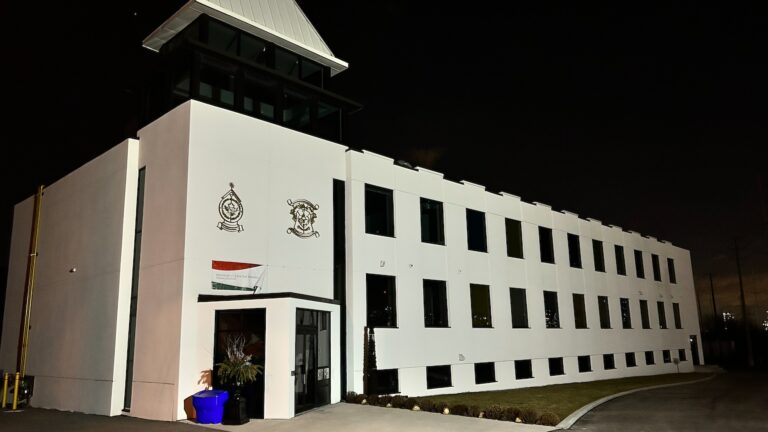Few pastors would choose to become weak: to struggle with depression, to be hated by those he leads, to suffer with physical health. We’d prefer the path of comfort, and to be known for our strengths, not our sufferings.
That’s why it must have been hard for Paul to experience weakness. Paul had lots to brag about, but he also had accumulated scars from his ministry: physical scars from beatings and narrow escapes, but also emotional scars from opposition within the church and the betrayal of people he loved.
To make it worse, others in the church showed strength in ways Paul never could. They were more eloquent; they had more power, money, and privilege. Paul found himself in a place where no Christian leader wants to be: on the side of weakness, passed over in favour of those who didn’t suffer with the same defects that were an obvious part of his life.
Weak Pastors
Some of my heroes were weak. C.H. Spurgeon wrestled with depression. Charles Simeon faced prolonged opposition from his own congregation. John Wesley struggled through marriage problems. When D.L. Moody first stood up to speak, he was told he would serve God best by keeping still.
Some of my current heroes are weak too. One still gets emotional when he talks about being dismissed from a church. Another suffered burnout and must limit the number of hours he works. Yet another showed up at a conflicted church battered by his last church experience, and told them that he could preach and love them, but they’d have to sort out their problems.
We carry this image of impressive leaders who rise above these kinds of problems, like the super-apostles of Paul’s day (2 Corinthians 11:5). But we don’t need impressive, eloquent leaders as much as we need leaders who know Jesus, even if they don’t look like much. Some of the best leaders in the church have been weak, battered leaders.
A Theology of Weakness
We need a theology of weakness, one that sees our fragility less as a surprise and more as an expected part of serving as followers of Jesus. When we serve in weakness, we follow the example of Jesus. We’re walking in very good footsteps.
“When we are transformed by a vision of inhabiting the gospel, eventually our weaknesses become our boast,” writes Paul Miller. “They become our glory, because in our weaknesses, Jesus shines through.”
“Weakness is the place of wisdom and power,” Miller continues. “God uses our weakness as a launching pad for his strength. He loves to use low and despised things to defeat human pride … In order to form a community that embodies his life, we need dying leaders who embody a dying Savior.”
I don’t always love this truth, but I’m coming to embrace it. If you are a pastor or church leader who’s feeling weak these days, you’re not alone. It could be that your weakness isn’t a barrier to ministry, but is actually a means through which God will do his best work through you. We need weak pastors.

















